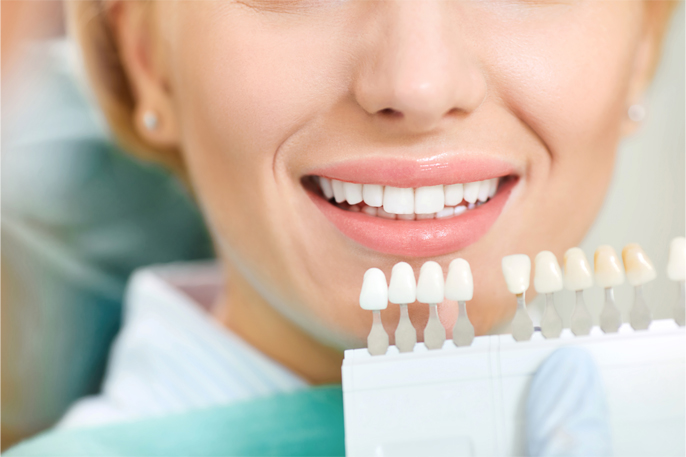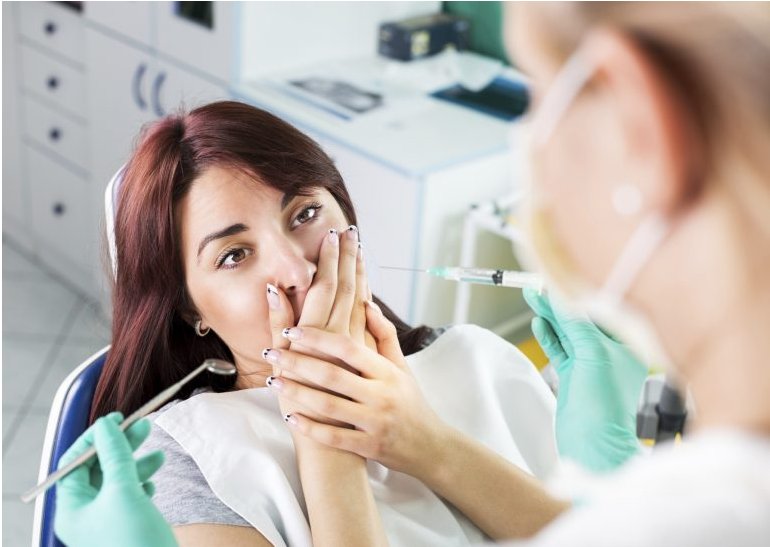Dental emergencies happen and can occur at any time, anywhere. As with any emergency, its going to throw us into fight or flight mode, raising our cortisol levels and potentially even causing us to freeze in our tracks wondering what the best plan of action may be. If a dental emergency does happen, do your best not to panic, and keep the following information about what to do during a dental emergency in mind.
What is an emergency?
Dental emergencies refer to events that occur in which you need to immediately save a tooth, need to attend to a bleed or begin experiencing acute tooth or mouth pain. A cracked or lost tooth following a traumatic incident are good examples.
Common emergencies
Tooth Loss – For children who still have their baby teeth, the loss of a tooth, be it the tooth’s “turn” or due to trauma, isn’t as much a cause for concern as the loss of an adult tooth. If your child suffers the unintentional loss of a tooth due to trauma, contact their dentist right away to ensure pieces of bone are not lingering in the socket, and do not attempt to place the tooth back in their socket. An adult who has lost a tooth should attempt to place the tooth in the socket without touching the root. If that is not possible, the tooth can be stored between your cheek and gum, in milk, or an ADA-approved preservation solution. Its important to keep the tooth wet until you can have the situation, and lost tooth, evaluated by your dentist.
Cracked Tooth – If you crack your tooth, it’s important to rinse your mouth to clear it of immediate debris that may imbed itself in the crack. Then, place an ice pack on the site to reduce the pain and swelling. Wrap the tooth in wet gauze or a piece of cloth, and call your dentist to make an appointment as soon as possible.
Toothache – Simply rinse your mouth with warm water, gently floss to remove food debris, and note any facial swelling that may occur. Swelling may signal an infection, and if the swelling does occur, place an ice pack on the site to reduce it and ease the pain. Call your dentist right away so he or she may evaluate the situation and advise you on how to proceed.
Preventing emergencies
Here are a few common ways patients increase their risk of a dental emergency. It’s best to avoid these common mistakes, as it’s easier to avoid an emergency than to recover from one.
- Don’t use your teeth when scissors can do the job
- Wear a mouthguard when engaging in contact or high-impact sports
- Wear a helmet whenever engaging in activities such as biking and rock climbing
- Avoid chewing on hard candies and ice
- Help your child keep toys, trinkets, and hard items out of their mouth
Dental emergencies happen, and if they do, try to remain calm, and contact your dentist immediately.
To schedule an appointment or learn more about the beautiful smiles Dr. Sukari McMiller has created visit us online today at www.dreamworksdentalcare.com.
Dr. Sukari McMiller proudly serves patients from Fayetteville and all surrounding areas.







